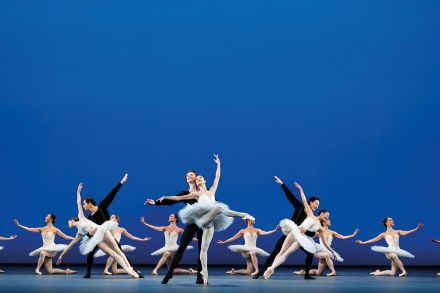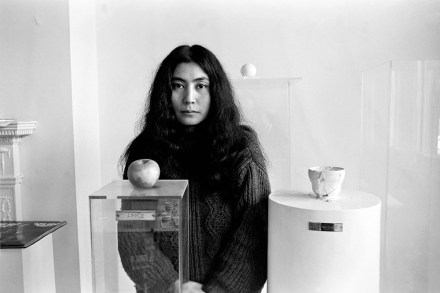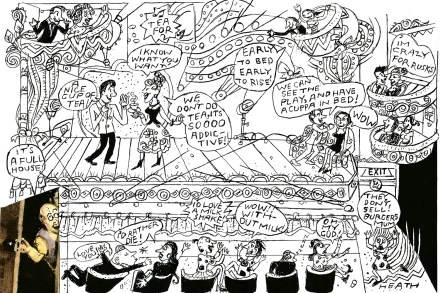Rejoice at the Royal Ballet’s superb feast of Balanchine
DanceAny evening devoted to the multifaceted genius of George Balanchine is something to be grateful for, manna in the wilderness indeed, but the Royal Ballet’s current offering left me hungry for more. Three works were on the programme, all created in the early stage of the great man’s career, two of them widely familiar, none






























